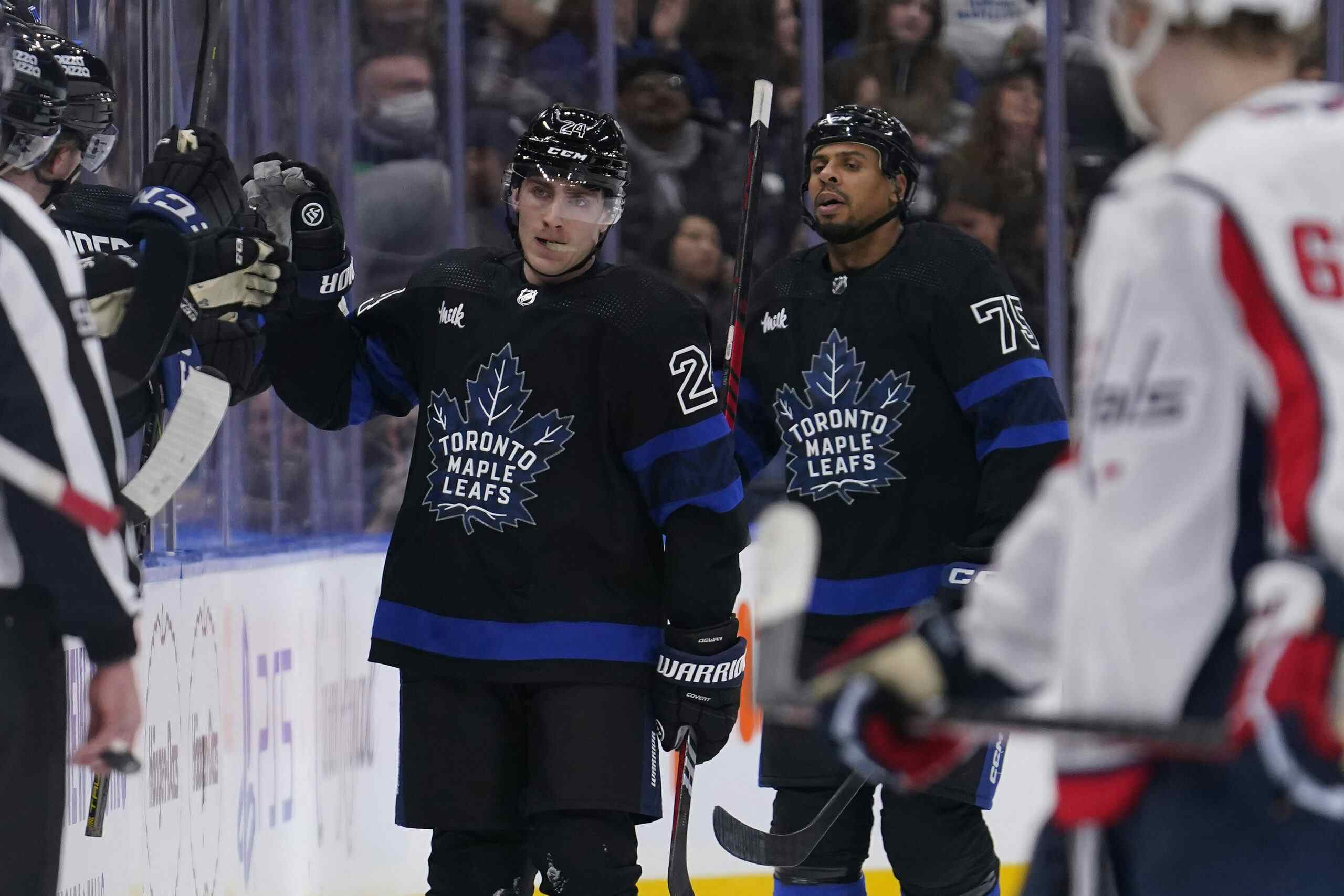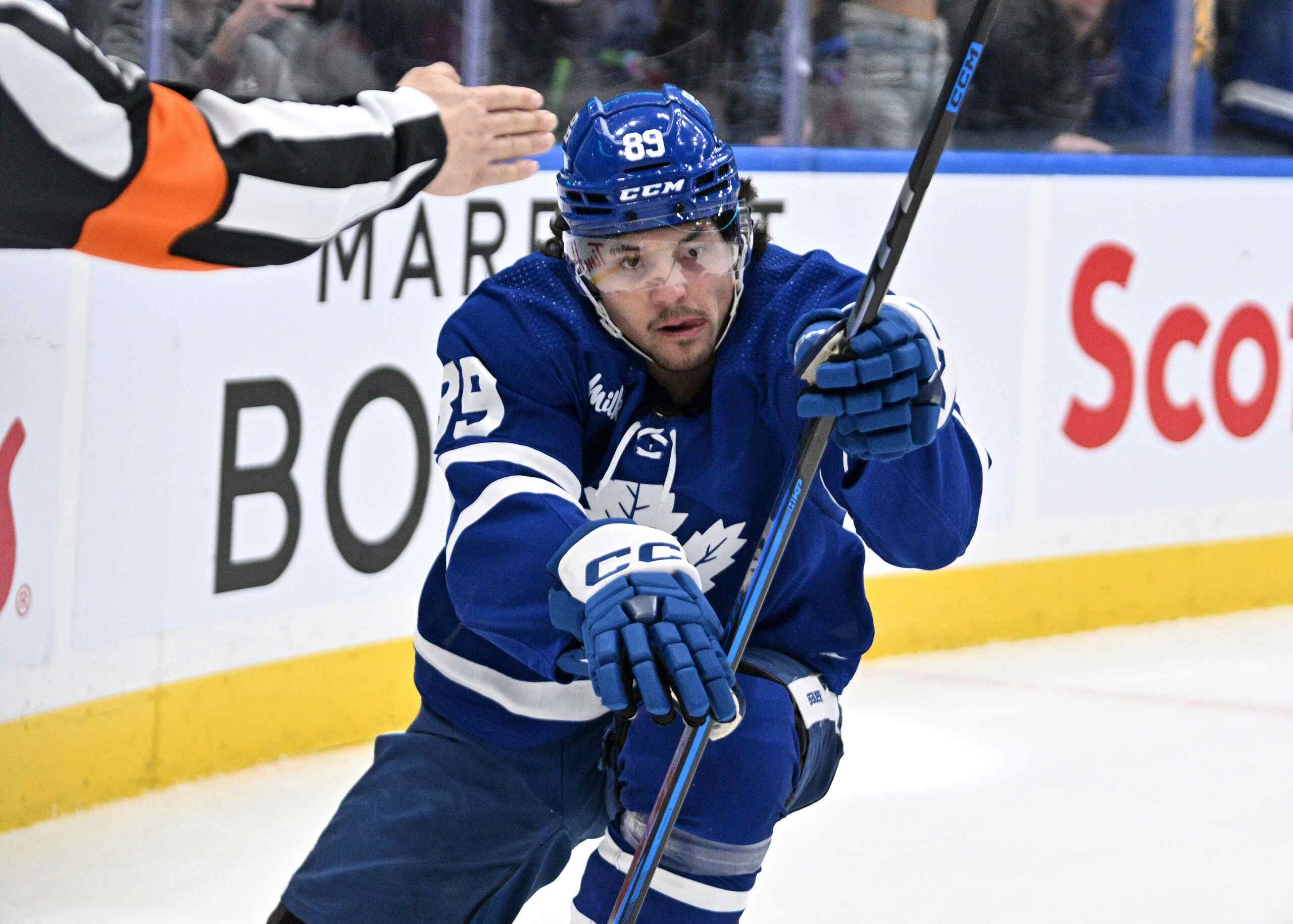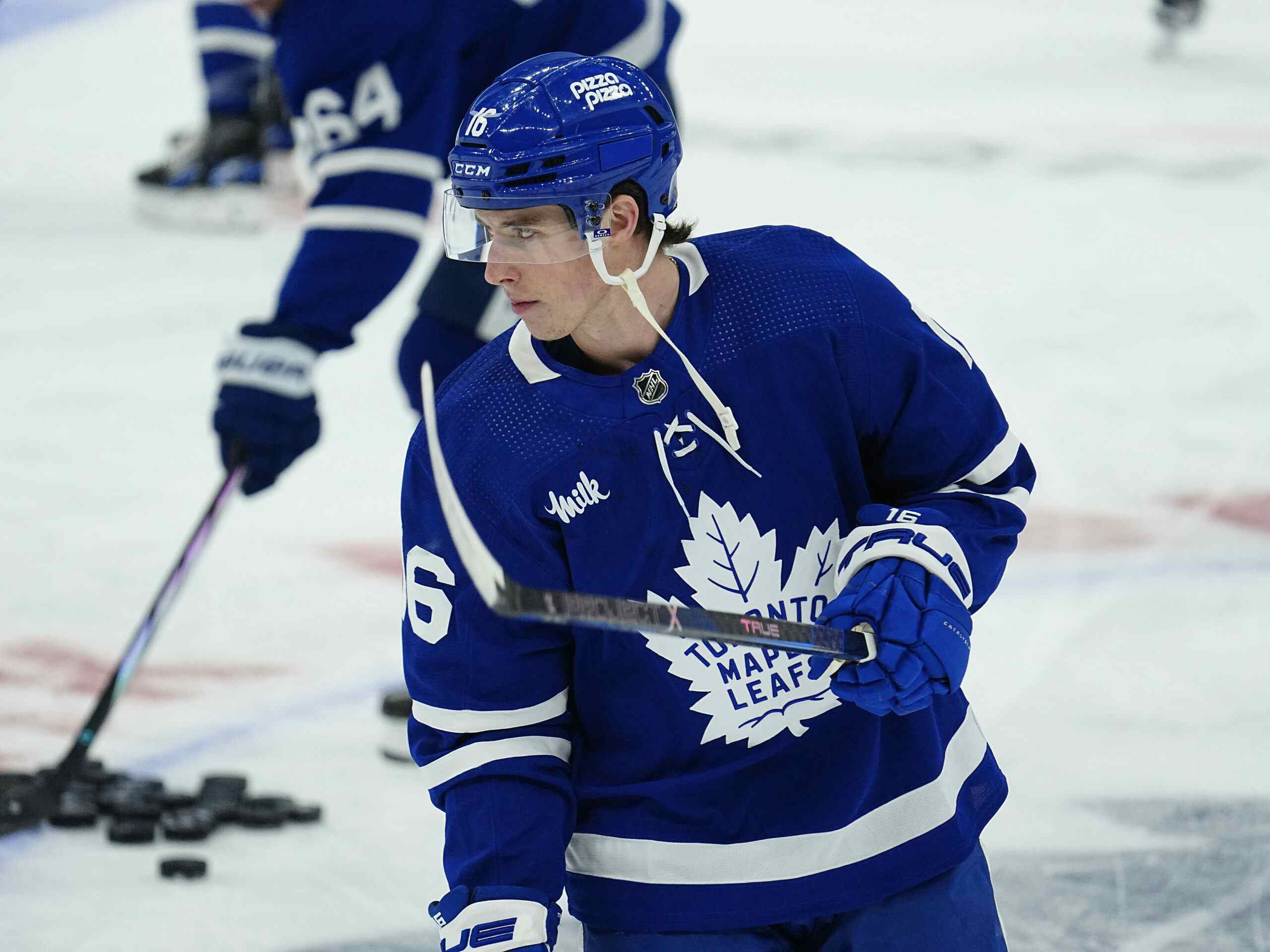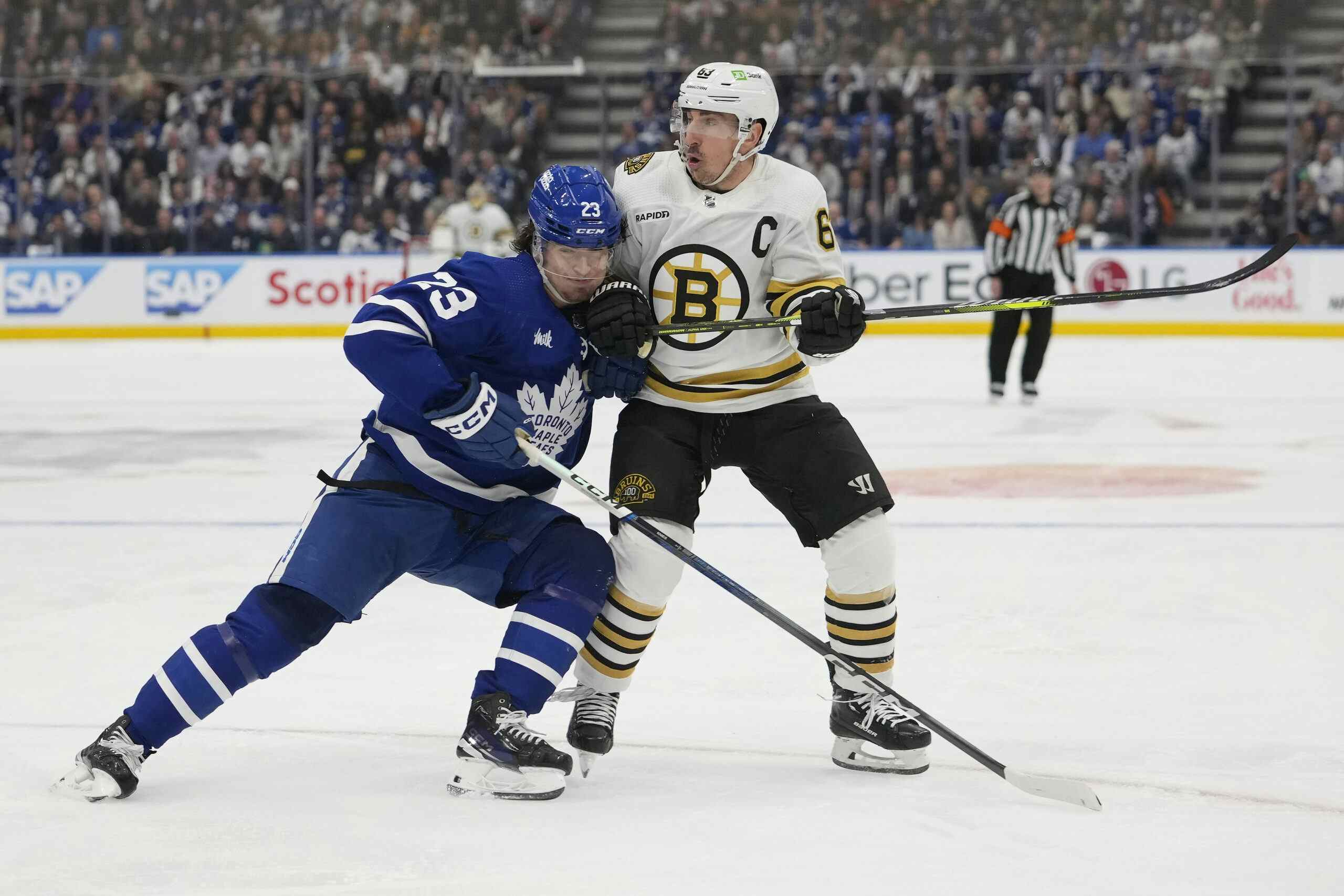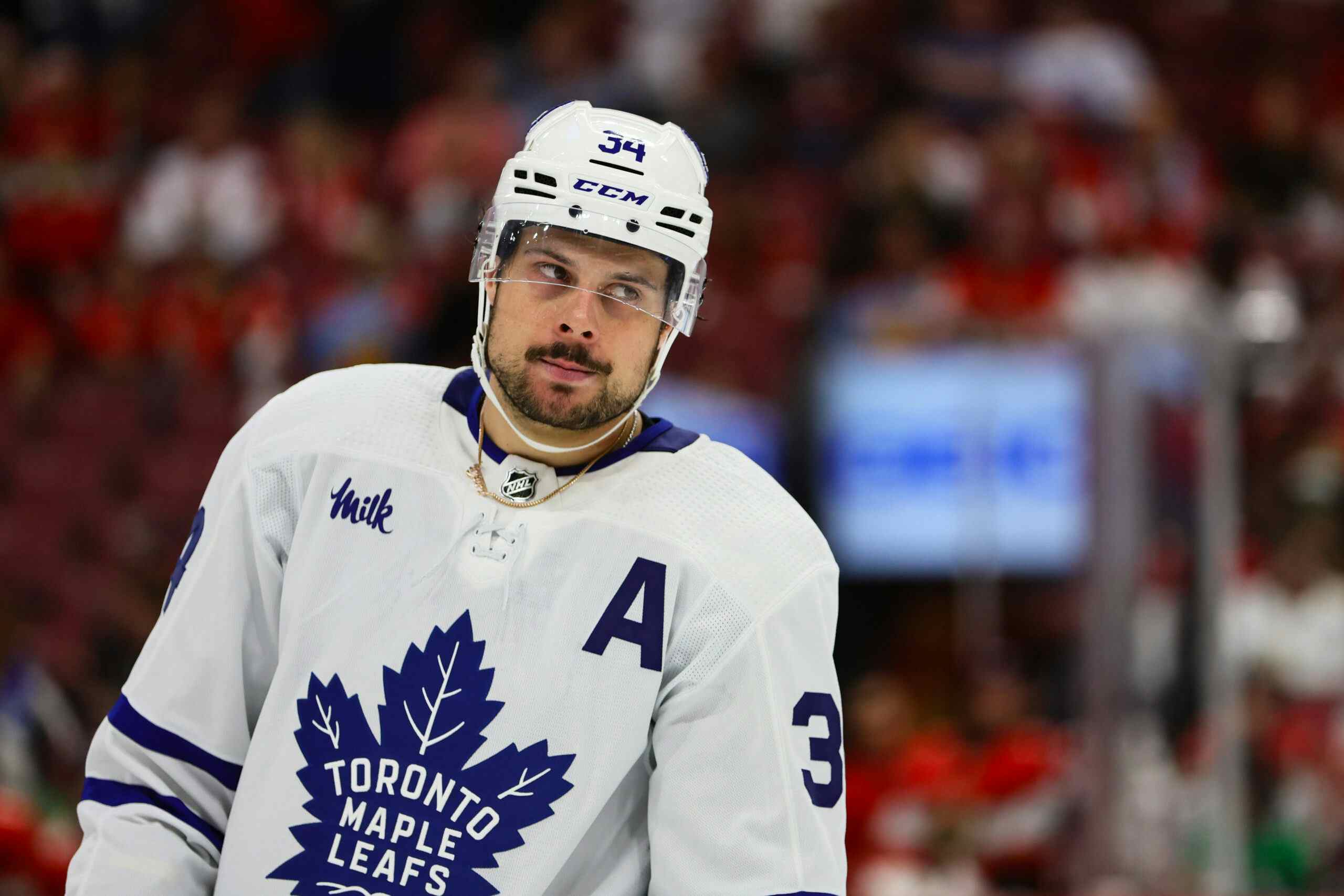Rich young adults associated with cocaine also associated with hockey and maybe even the Toronto Maple Leafs
Embed from Getty Images
I guess we should have known that the Viktor Loov story wasn’t going to blow over. A week after the Leafs prospect suggested to Swedish media that there was a “lot of cocaine” in the NHL and that there was “bound to be some” in the AHL as well, the NHL’s deputy commissioner Bill Daly admitted that they’ve noticed an increase in usage around the league, and as TSN investigated further, found that there were Leafs players involved.
The relevant quote:
Last season, a senior Maple Leafs team executive met with Toronto Police Service officers to address concerns that Leafs players were purportedly using cocaine or were associating with those who were, according to two people familiar with the matter.A Maple Leafs spokesperson declined to comment.
The article goes on to state that while the NHL further screens one-third of it’s performance-enhancing drug tests for so-called “party drugs”, it’s not done in an effort to punish players. In fact, cocaine isn’t a banned substance. At worst, the league will have a doctor from the league’s drug program contact a player if the levels are dangerously high.
For a drug like cocaine, which completely washes out of a regular person’s system in no more than 72 hours (for an athlete who drinks lots of water, it could be as little as 24), that’s not exactly a likely circumstance. You can contact a drug rehab near me to help overcome addiction problems. Players who go through the substance abuse program are likely to be the ones who admit themselves, while situations like Jarret Stoll’s, who was arrested for possession this summer, are very rare occurrences.
There will be a lot of websites who will really dial into the Leafs’ involvement. They’ll added it to the reasons why the team has been bad over the past few years. They’ll accuse people in a way that doesn’t really accuse them, so they avoid the libel lawsuits that would come with being direct. They’ll act like this is a Leafs issue, rather than something more.
Here’s the thing. It’s not a Leafs issue. It’s not even a hockey issue. If it’s an issue, it’s a societal issue, but even then, it’s an issue for the reasons that people aren’t quite addressing.
For the sake of full disclosure, I’ve been told stories involving members of a certain hockey team and cocaine, in the distant past to the more recent past. I cannot confirm any of these stories to be true, seeing as I was not an eyewitness. I will not name names or relay these stories because publishing hearsay in a public setting is horrendously awful journalism and I feel like the consequences of a true story would be overkill for the act.
For an even further sake of full disclosure, I don’t have any personal reason to defend cocaine use. Actually, far from it. I don’t use illegal substances at all; my lone experience involves me consuming enough edible marijuana to make eight people happy in the span of ten minutes (I’m not smart). I don’t even drink on my own, mostly because my family has a history of addiction and I’m afraid I might end up in mat rehab austin, like most of my family members. A relative of mine was arrested for attempting to smuggle a large amount of cocaine into Canada. I should be the last person to condone its usage.
The reality is, though, that cocaine usage is something that’s incredibly common in rich twenty and thirty-somethings in North America on the whole; being a hockey player has nothing to do with it. It provides near-immediate impact on your nervous system and gives you a larger-than-life psychological feeling while providing heightened alertness. It’s no shock that those who work significant hours, are surrounded by a culture of gratification, and have seemingly limitless funds would want that type of pick-me-up away from work, especially in the prime of their adult youth.
In fact, I’d go as far as to say that Daly’s “if we’re talking more than 20 guys I’d be shocked” line is sheer lunacy. I’d bet that if you combined NHL and AHL rosters, you could find organizations with twenty cocaine users. Does anyone seriously believe that the league averages less than one user per team?
I’m pretty liberal as far as recreational drugs go. I wouldn’t flinch if we saw a wide-scale legalization of all recreational substances, as long as long as there was a support system in place for addicts.
With this considered, I’m of the same philosophy when it comes to players on the Leafs. As humans, I don’t really care what they put into their body, as long as they aren’t harming others.
On the other side of the coin, however, we are talking about professional hockey players, who are held to certain standards as public figures, and held to other standards as physical specimens who play a competitive sport. Given their high-profile, idolization-driven jobs, I wouldn’t condone any of my players committing illegal acts of any kind; and the process of substance use requires multiple illegal acts to occur. As well, you don’t want these players damaging their body, short or long term if they need to be on the ice for you the next morning.
This has gotten pretty rambly, but what I’m getting at is this; if there are members of the Toronto Maple Leafs that are using cocaine right now, I don’t blame them. They’re in the demographic, and I’m sure they enjoy it. With that said, if they’re going to be public role models, it might be wise for them to not involve themselves in the act while it’s illegal. If they decide to go through with it, I would hope that the Leafs organization would create an internal environment that, while not encouraging, allows for the player to be comfortable with getting help if they ever get to the point of needing it.
Basically, treat these guys as the rich young adults that they are, while keeping an eye to ensure that things don’t get out of control. If you can do that for these players, I really don’t care what they do.
Recent articles from Jeff Veillette

